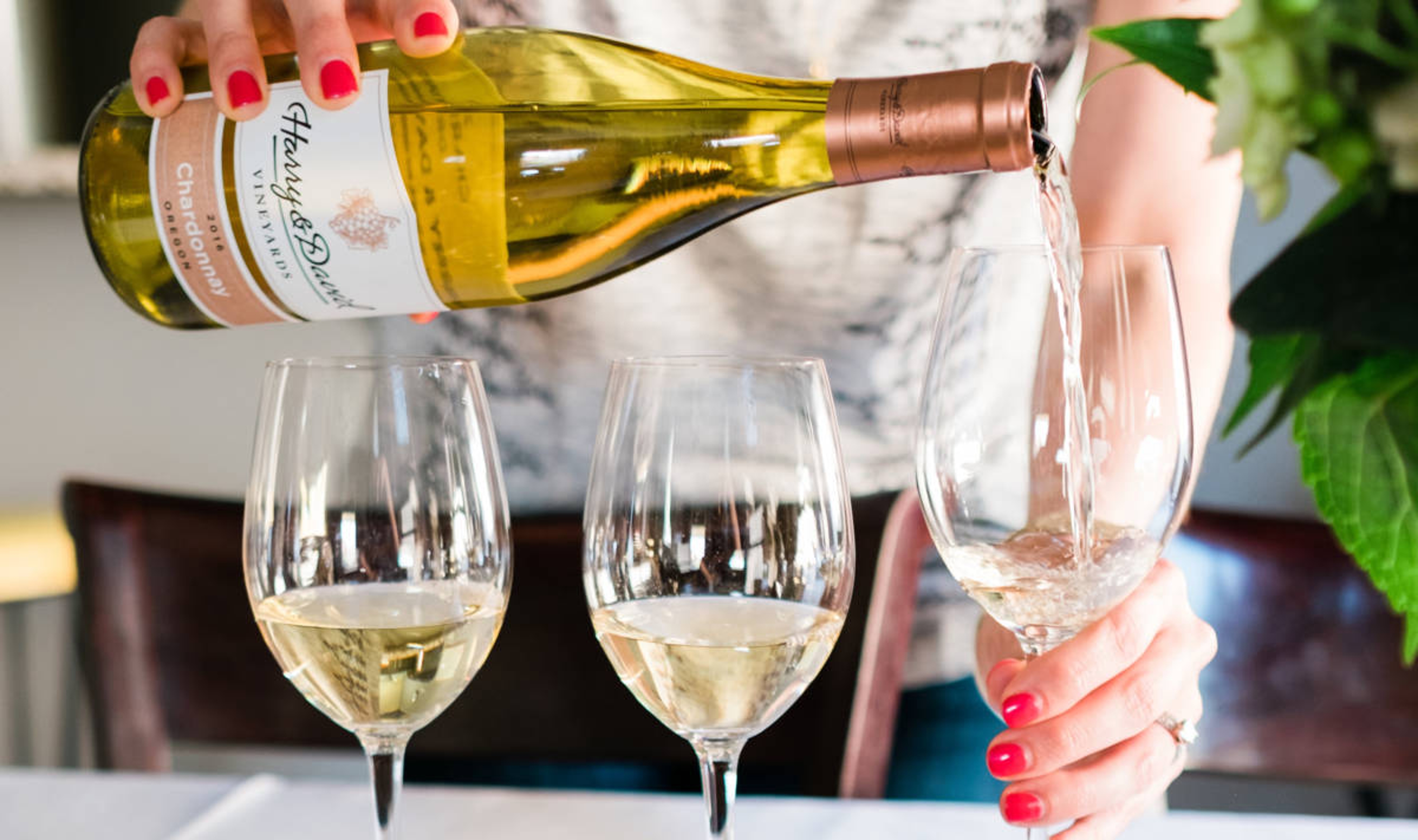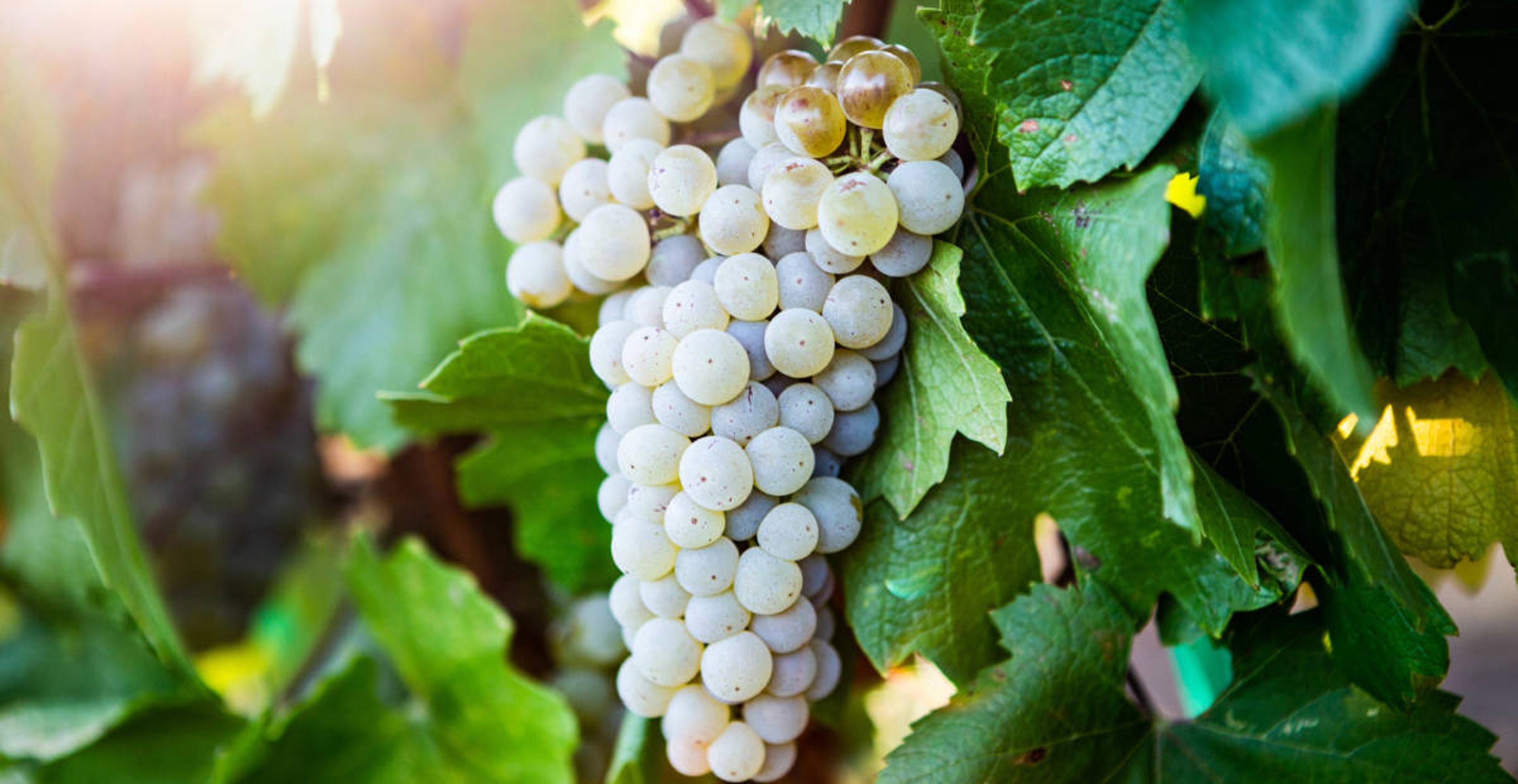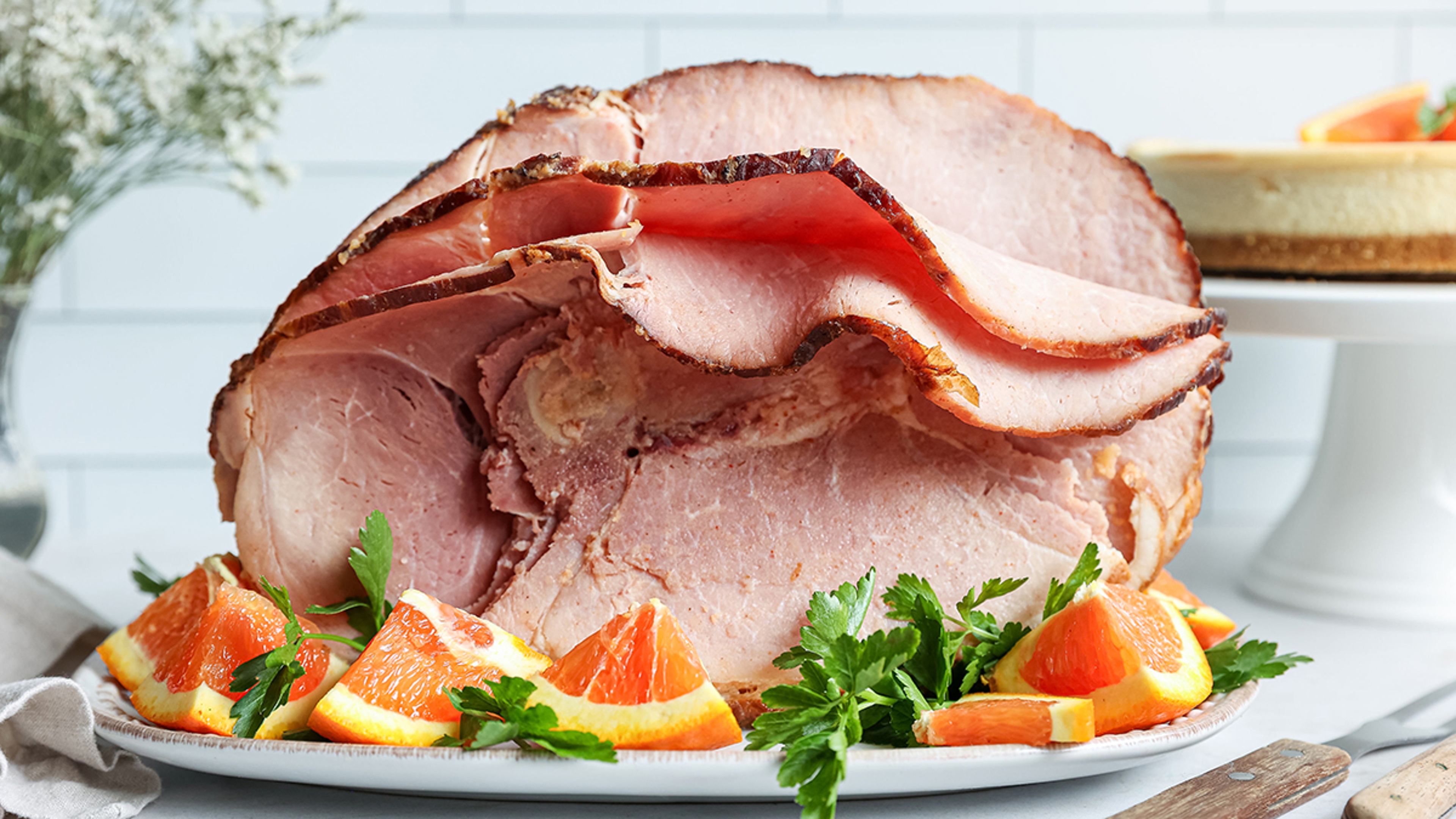Terms for Wine: How to Speak like a Sommelier
Learn the difference between tannins and brix, the name for the art of growing grapes, and why seeing a thief at a vineyard is common.
Aug 29, 2020
Speaking wine may sound overwhelming, with so many words used to describe grapes, wine, and the whole wine-making process. We've provided a list of essential terms and definitions to let you sound just like a sommelier. Whether you're getting ready for a wine pairing party or a Saturday touring the vineyards, you'll be ready to talk about enology, varietals, and more.
Wine terms for speaking like a sommelier
Aeration
Adding oxygen to the wine to soften tannins and improve the flavor of certain wines.
Appellation
A legally defined and protected geographic indication used to identify where a grape is grown. In the United States, these regions are called American Viticulture Areas, or AVAs. They are designated by specific geographic or climate features that make them uniquely different from the surrounding areas and that affect how a grape is grown.
Did you know? Harry & David wines are all made with Oregon grapes from several appellations around the state. The Rogue Valley is a sub AVA in the Southern Oregon AVA, which is a sub AVA in the Oregon AVA. It sounds confusing, but the main thing you need to know is that each appellation produces grapes ideal for making fine wine.
Bouquet
A term used to describe how a wine smells – aromas, fragrance, odor. The same as for flowers.
Brix
The measurement of the sugar level in unfermented grapes and subsequent alcohol content. This is one indicator to help growers determine when it’s time to pick the grapes. Most table wines are harvested between 21 and 25 Brix.

Bung hole
The opening on a barrel where wine can be put in or removed.
(also spelled Oenology)
The science of wine production. An enologist is a winemaker, and someone who enjoys wine can be referred to as an enophile.
Tannins
Naturally occurring compounds found in the skin, seeds, and stems of grapes. Tannins are released into the wines when the grapes are pressed, and the skins, seeds, and stems are allowed to soak in the grape juice for a specified period of time. The dry sensation when tasting wine comes from tannins. High-tannic wines can be referred to as chewy or grippy, whereas low-tannic wines are soft and silky.
Thief
No, we're not telling you to rob a vineyard. A thief is a long pipe made of glass, metal, or plastic that's used to remove a sample of wine from a barrel.

Varietal
One specific grape variety such as chardonnay, merlot, or cabernet sauvignon. A blend is a wine that contains two or more varietals.
Viticulture/Viniculture
Where viticulture refers to the study and art of growing, viniculture refers to the study specifically of wine grapes. Vinification is the process of turning grapes into wine.
Now that you brushed up on wine terms, pour some wine, test your knowledge, and impress your friends. You can thank us later.
.svg?q=70&width=384&auto=webp)






